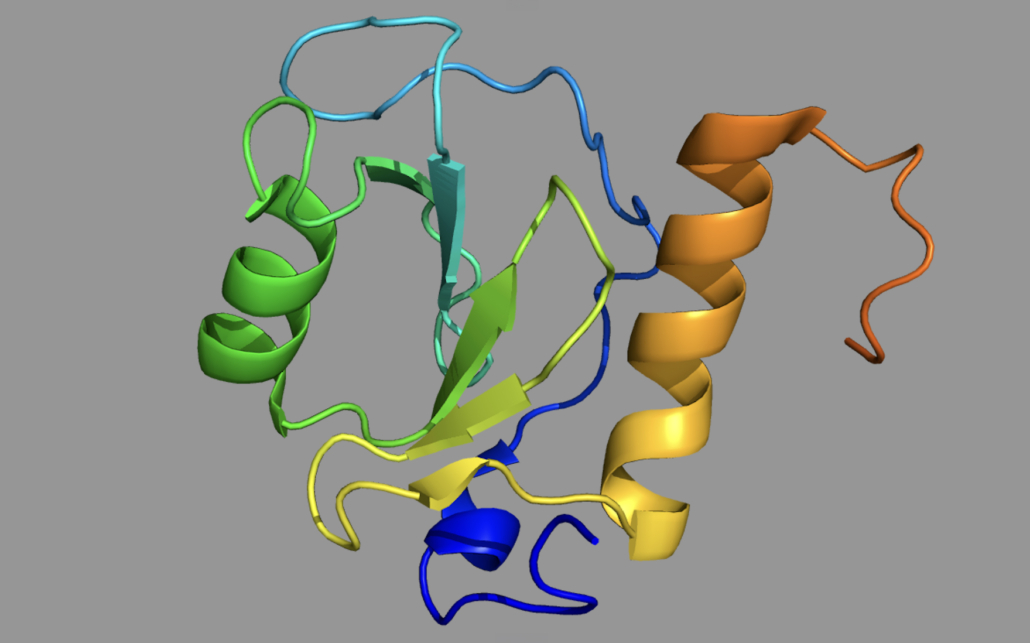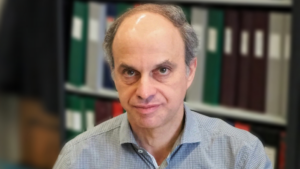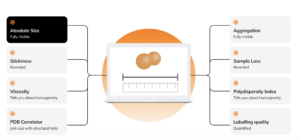
Augustine Therapeutics NV raises €78m in Series A round
Leuven-based Augustine Therapeutics NV will use the proceeds from a €77.7m in Series A financing led by Novo Holdings and Jeito Capital to advance its preclinical HDAC6 inhibitor AGT-100216 for the treatment of Charcot-Marie-Tooth (CMT) disease to Phase I testing.
Augustine Therapeutics NV’s oversubscribed Series A financing was co-led by Novo Holdings and Jeito Capital, supported by existing investors Asabys Partners, who led an initial €17.5m closing in 2024, Eli Lilly and Company, AdBio partners, V-Bio Ventures, PMV, VIB, Gemma Frisius Fund, the US-based Charcot-Marie-Tooth (CMT) Research Foundation and Newton Biocapital.
The company said it will use the proceeds to advance its selective small molecule HDAC6 blocker AGT-100216 through a Phase IIb proof-of-concept trial in axonal Charcot-Marie-Tooth disease and support significant pipeline expansion into cardio-metabolic and neurodegenerative diseases. Asian research groups have identified HDAC6 activity modulation a promising approach to treat tauopathies such as Alzheimer’s disease, as the tau protein binds to mitochondria.
HDAC6 is a pleiotropic regulatory molecule involved CMT-1, which is due to a PMP22 gene duplication, and CMT-2, which is linked to a defective axonal transport of mitochondria that leads to axonal neurodegeneration and tissue aging-related cellular processes. While axonal neurodegeneration is linked to the deacetylase activity of HDAC6 through deacetylation (mainly) of alpha tubulin, tissue-protective effects are associated with HDAC6’s ability to redirect ubiquitinated misfolded toxic proteins to the perinuclear region where they aggregate and are eliminated by autophagy.
HDAC6 represses axonal transport of mitochondria to the nerve terminals by deacetylating α-tubulin and Miro1; second, it destabilises microtubules by deacetylating α-tubulin; and third, it disrupts the cortactin-F-actin network by deacetylating cortactin. HDAC6 therefore plays a neurotoxic role by impeding axonal regeneration after axonal damage.
Augustine Therapeutics, a spin-out from the lab of Prof. Ludo Van Den Bosch, has designed a proprietary small molecule to selectively inhibit HDAC6 while preserving its beneficial non-catalytic functions. This novel non-hydroxamate, non-hydrazine producing approach seeks to avoid the limitations of previous HDAC6 blockers and has significant potential in CMT2, which makes up 20% of the cases of the most common heriditary disease of the peripheral nervous system.
With additional independent and differentiated programmes focused on brain-penetrant and peripheral-restricted molecules, Augustine’s pipeline of HDAC6 inhibitors has further potential in multiple diseases, including neurodegenerative and cardio-metabolic disorders.
The proceeds of the Series A financing will be used to advance Augustine’s lead candidate, AGT-100216, through a Phase I/II proof-of-concept clinical trial in CMT. Beyond AGT-100216, Augustine has two other programmes in discovery stage targeting peripherally-restricted and blood-brain barrier-penetrant HDAC6 inhibitors for undisclosed neurodegenerative and cardio-metabolic indications.


 Freepik.com
Freepik.com University of Geneva
University of Geneva FIDA Biosystems ApS
FIDA Biosystems ApS